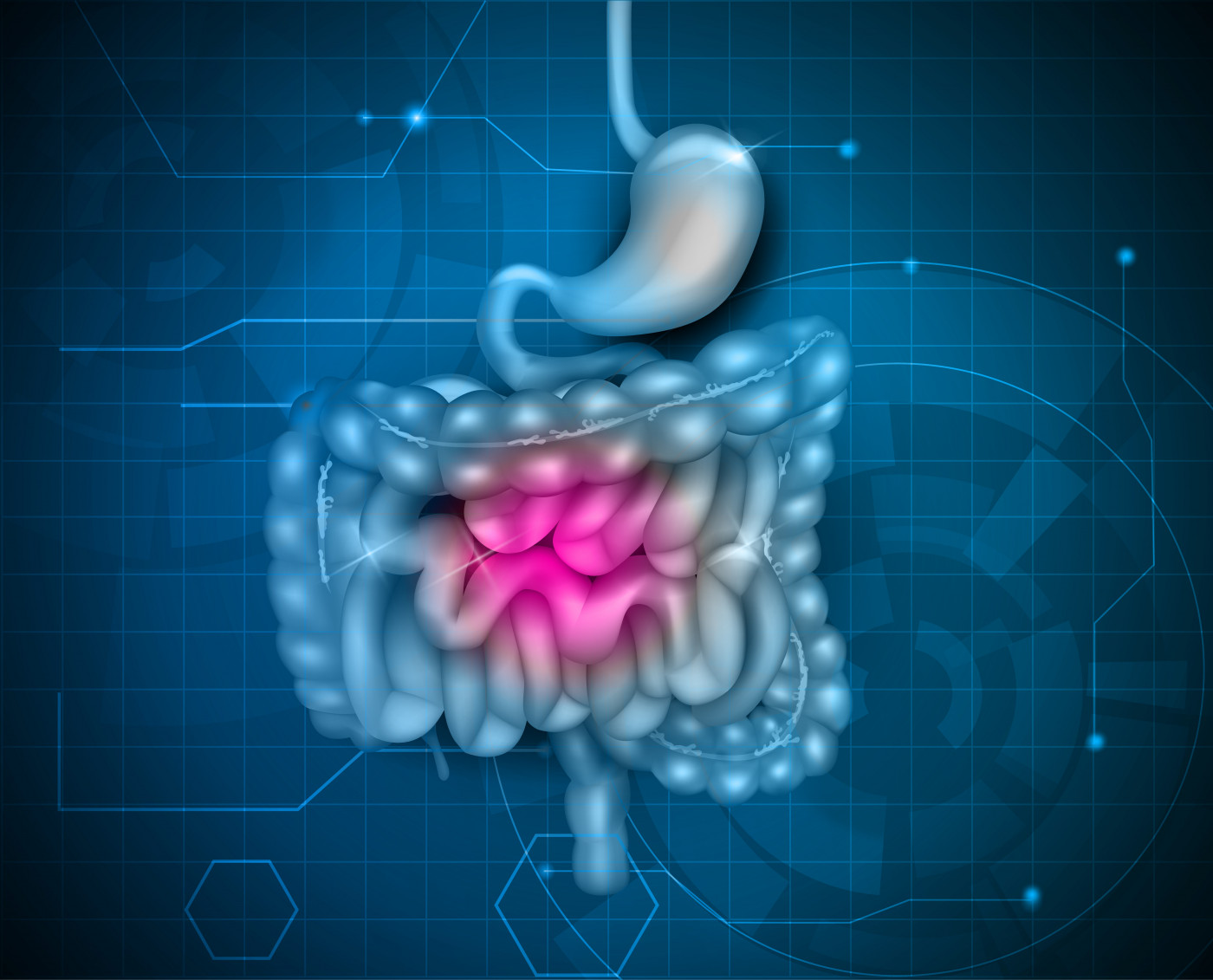First Patients Dosed in Trial Testing MS1819-SD Plus PERT for CF-related Severe EPI, AzurRX Says

AzurRx BioPharma has started dosing patients in a Phase 2 clinical trial assessing its investigational therapy MS1819-SD in combination with porcine enzyme replacement therapy (PERT) for people with cystic fibrosis (CF) who have severe exocrine pancreatic insufficiency (EPI).
People with CF can develop EPI when mucus obstructs the ducts of the pancreas, which prevents digestive enzymes from getting into the gastrointestinal tract. Patients then can’t digest food properly, which leads to malnutrition.
The current standard of care for EPI is PERT — digestive pig enzymes similar to the ones produced by the human pancreas. With PERT, the enzymes are taken by mouth in a capsule. However, around one-third of CF patients have severe EPI. These individuals continue to have persistent malnutrition, because they do not absorb enough nutrients even after receiving high doses of PERT.
MS1819-SD is a lab-made enzyme produced by the yeast Yarrowia lipolytica. Unlike PERT, this therapy does not contain any animal-derived products.
“Many patients with severe EPI are not gaining adequate control of their symptoms despite receiving doses of PERT which are at or near the maximum levels specified in the dosing guidelines recommended by the Cystic Fibrosis Foundation,” James Pennington, chief medical officer of AzurRx, said in a press release.
“Adding [another enzyme treatment] like MS1819 to PERT therapy has the potential to address inadequately controlled malabsorption,” he added.
The Phase 2 multicenter trial expects to enroll 24 participants with CF and severe EPI. It will assess the safety, tolerability, and efficacy of three increasing doses of MS1819-SD — 700, 1120, and 2240 mg per day — combined with a standard dose of PERT.
Researchers will record gastrointestinal symptoms, and measure the changes in the coefficient of fat absorption — the percentage of fat present in the diet that gets absorbed by the body. The results of the trial are expected in 2020.
“The initiation of our combination study of MS1819-SD with PERT in CF patients with severe EPI represents a significant milestone for the Company,” said James Sapirstein, AzurRx’s CEO.
“This study, together with the recent completion of and top-line data read-out from our OPTION monotherapy study, demonstrate AzurRx’s commitment to finding the best solutions for meeting the needs of CF patients with both severe and mild-moderate EPI conditions,” he said.
The OPTION clinical trial (NCT03746483), an ongoing Phase 2 study, is comparing the safety of PERT versus that of MS1819-SD. The trial, which is enrolling 32 adults with mild-to-moderate EPI related to CF, is still recruiting participants at various locations in the U.S. and Poland.
Preliminary results showed that the investigational therapy has a similar safety profile to that of PERT, and suggested that it increases the percentage of nutrients absorbed by the body.
“We are encouraged by the strong safety profile of MS1819, … and believe that using MS1819 in combination with PERTs will improve fat absorption and overall nutrition of CF patients while decreasing the risk of fibrosing colonopathy,” an intestinal condition that can result from taking high doses of PERT, Pennington concluded.
According to the Cystic Fibrosis Foundation, more than 30,000 patients have EPI caused by CF.







